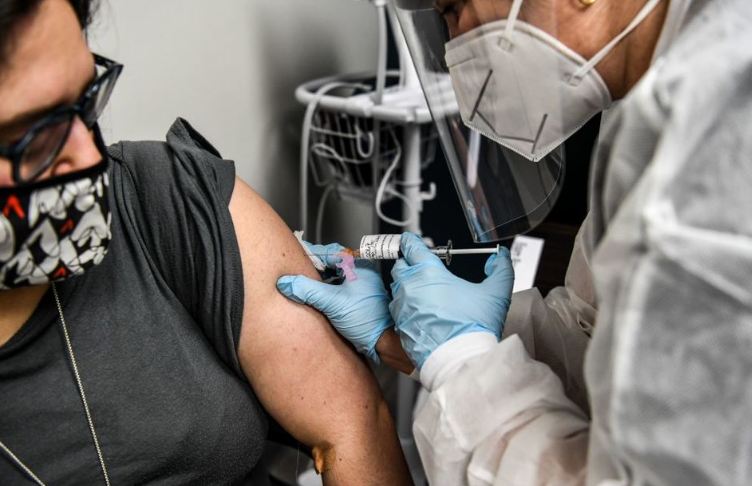BACK-AND-FORTH announcements from two major companies – Pfizer and Moderna – about the high efficacy of their coronavirus vaccines has peaked hope in a possible light at the end of the tunnel as the U.S. experiences more infections than ever before, but questions remain about timing, distribution and storage.
The companies announced this week that their vaccines are both over 94% effective in preventing the virus, and both are expected to soon file for emergency use authorization with the Food and Drug Administration.
[ READ: Pfizer Filing for Emergency Use of Vaccine ]
“If these two vaccines do get approval, emergency use authorization, there will be about 40 million doses ready to be delivered in December,” Francis Collins, the director of the National Institutes of Health, told CNN this week.
Considering each person requires two doses, “that’s 20 million people that can be immunized, and we will need to make sure that is utilized for the highest risk people,” he said.
“The hope would be that by April we really start to see a lot of people getting immunized and certainly by the summer we would hope to have most of America actually immune to this and we could start to think about getting back to life as normal,” Collins said.
But the U.S. Government Accountability Office on Tuesday warned in a report that limited production capacity could slow vaccine distribution.


